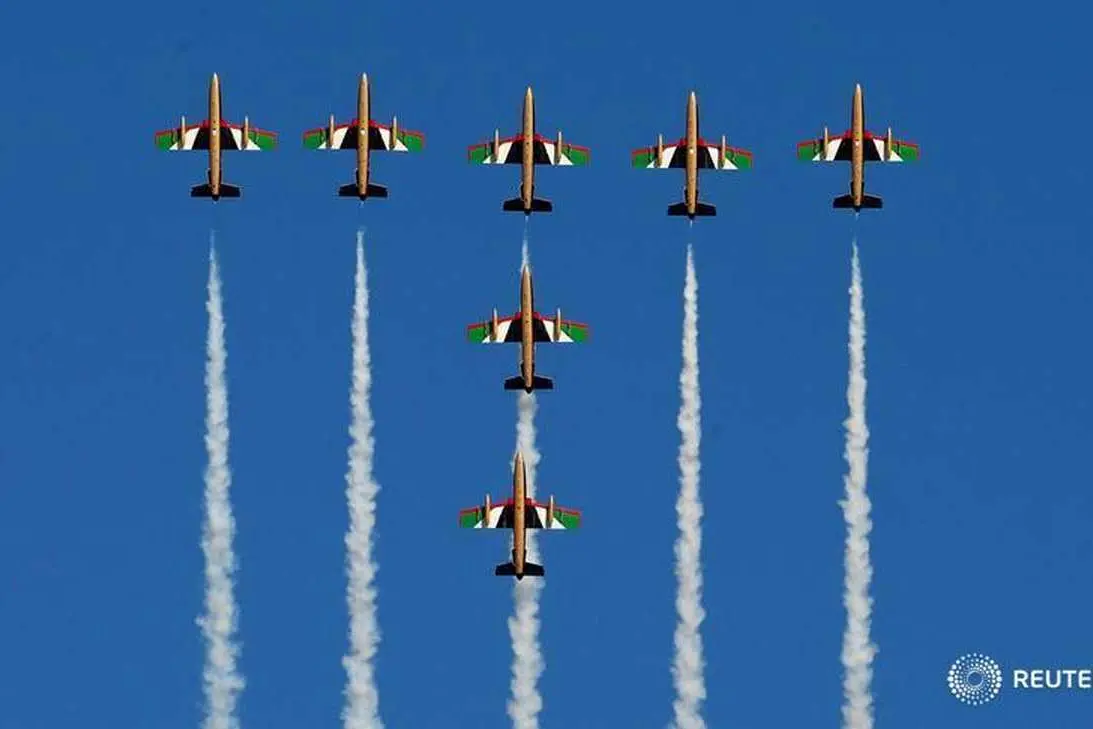PHOTO
Aviation is one of the sectors that will play an essential role in the diversification and expansion of Saudi Arabia’s economy. If we look at other countries in the region, the UAE, especially Dubai, is a good example of the impact that aviation can have on economic development. The sector currently accounts for 27 percent of Dubai’s gross domestic product (GDP) and is expected to exceed 35 percent by 2020.
Here in the Kingdom, we have the potential to become a logistics hub for international travel. We have a huge travel market to accommodate millions of expatriates, Hajj and Umrah pilgrims, business visitors and the new wave of tourists exploring sites that are now open to international visitors.
Minister of Transport Nabeel Al-Amoudi said during the 2019 Global Aviation Summit in Riyadh last week that civil aviation generates an estimated $126 billion annually, as well as providing 527,000 jobs.
Our aviation market is growing rapidly, helped by liberalization. Five airlines now serve the domestic market, compared with only two airlines two years ago.
Intensifying competition has led to lower fares, simulating demand and leading to faster growth, although overcapacity is a potential concern.
The international market is also expanding rapidly and has an even brighter outlook, driven primarily by rising inbound demand as Saudi Arabia focuses on tourism as part of its diversification strategy. Aviation is a major priority for the government, leading to an ambitious expansion plan at the flag carrier Saudia and the opening of a massive new terminal at Jeddah airport.
As Saudi Arabia continues to diversify its economy, the civil aviation industry represents a key pillar in that change, given the country’s ideal location as a potential global logistical hub. Investment deals proposed at the Global Aviation Summit could see thousands of jobs created, and would raise the Kingdom’s global ranking in the Logistics Performance Index from 49 to 25.
Saudi Vision 2030, launched in 2016, aims to transform the Kingdom into transportation, logistics, and tourism hub. Sector growth initiatives stemming from Saudi Vision 2030 include increasing capacity to welcome 30 million Muslim pilgrims annually, privatizing Saudi airports and enhancing passenger airport experience (SMART Airport), developing sophisticated digital infrastructure to enable seamless passenger transit, and increasing workforce productivity with mobility access to data and self-service.
Targets through 2030 include the development of new cargo terminals, multimodal cargo villages, and hubs, and increase of the number of cargo airline operators in the Kingdom.
The future of the aviation market in Saudi Arabia is promising, and the sector is expected to witness impressive growth in the coming years on the back of its liberalization reforms and economic diversification. Future mega-projects, including Neom City, Qiddiya, Red Sea Development Company and Amaala Resorts, require a new league of local and international aviation players.
Basil M.K. Al-Ghalayini is the Chairman and CEO of BMG Financial Group.
Copyright: Arab News © 2019 All rights reserved. Provided by SyndiGate Media Inc. (Syndigate.info).





















